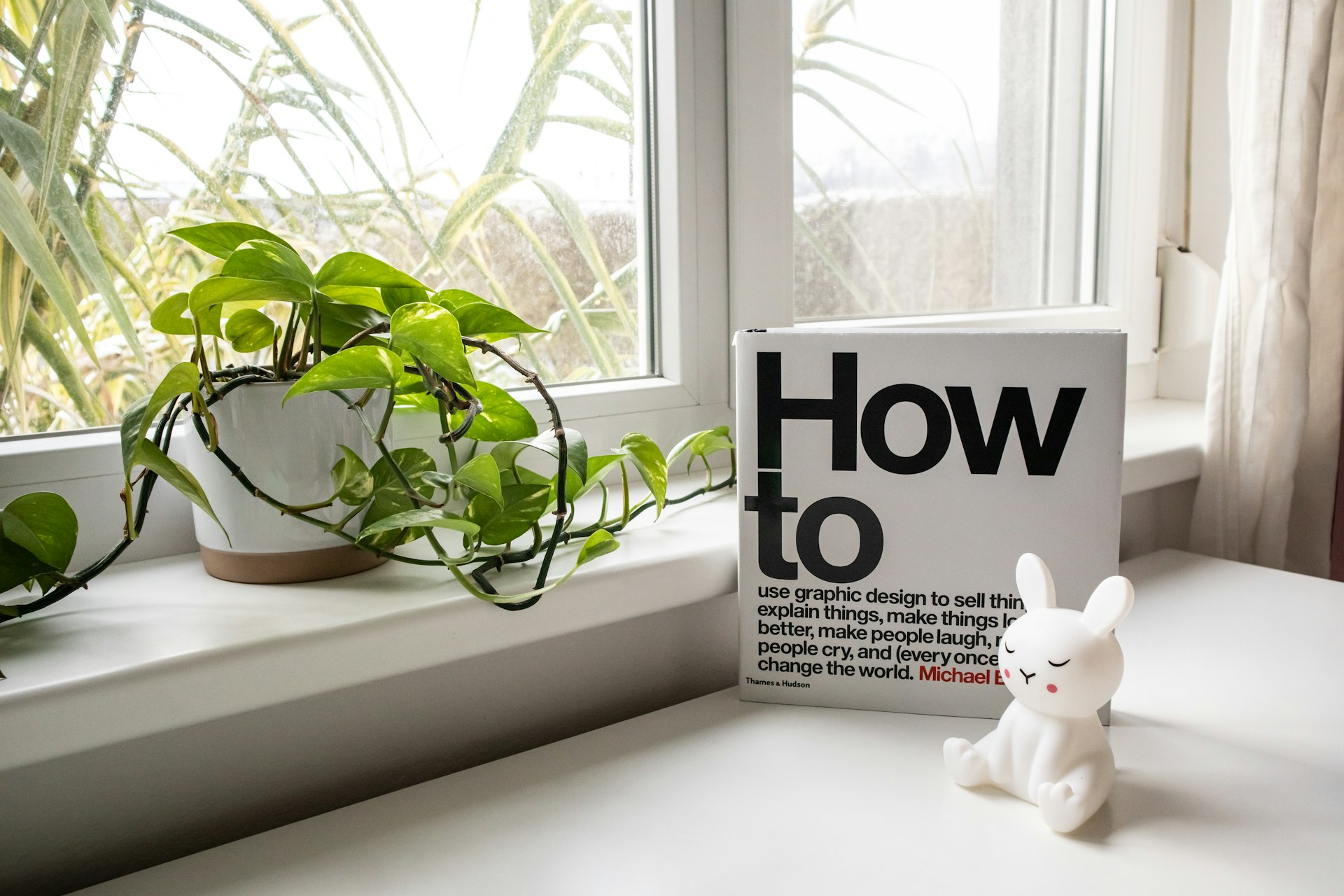Unlocking Well-Being: The Mental Health Benefits of Casual Gaming

Photo by Sabri Tuzcu on Unsplash
Introduction: Why Casual Gaming Matters for Mental Health
Casual gaming, defined by its accessibility and low commitment, has evolved far beyond simple entertainment. Recent research highlights its significant potential to support mental health, offering benefits such as improved mood, stress relief, and enhanced social connections. As digital gaming becomes more integrated into daily life, understanding how to leverage its positive effects is crucial for individuals seeking practical approaches to well-being.
[1]
Emotional Well-Being Through Casual Gaming
Studies have shown that casual games can boost emotional health by providing structured, low-pressure environments where users can unwind. For example, titles like
Animal Crossing
are popular for their calming gameplay, helping players regulate their emotions and reduce anxiety.
[2]
In controlled experiments, playing casual games such as
Bejeweled
or
Peggle
resulted in measurable relaxation and mood improvement compared to passive internet browsing.
[1]
These effects are linked to real changes in brain activity and heart rate, demonstrating biological pathways for stress reduction and emotional uplift.
Actionable Steps for Emotional Relief
To harness these benefits, consider integrating short sessions of casual gaming into your daily routine, especially during stressful moments. Select games recognized for their relaxing qualities, such as puzzle or simulation titles. If you are new to gaming, start with widely available mobile games with positive user reviews for their calming nature. Remember to monitor your emotional response and adjust playtime to suit your needs.

Photo by yuhaimedia on Unsplash
Social Connection and Reduced Loneliness
Contrary to the stereotype of gaming as isolating, many casual and multiplayer games foster social interaction and teamwork. Cooperative gameplay encourages communication and empathy, helping to strengthen existing relationships or build new ones.
[2]
Research on games like
Pokémon Go
demonstrates that location-based social play can increase feelings of community and decrease loneliness among players.
[1]
Practical Guidance for Social Benefits
To access these social advantages, seek out games that offer cooperative or multiplayer modes. Engage with online communities or local groups dedicated to your chosen game. Platforms like Discord and Reddit host vibrant gaming communities where you can find support and advice. If you prefer in-person interaction, some libraries and community centers organize casual gaming events. When joining new groups, introduce yourself and participate in team-based challenges to foster connections.
Cognitive Enhancement and Mental Flexibility
While cognitive benefits of casual gaming are nuanced, certain genres have been linked to improved memory, problem-solving, and executive functioning. Puzzle games like
Tetris
and strategy-based titles challenge critical thinking, with studies noting improvements in attention and verbal memory among young people.
[2]
However, experts caution that cognitive gains are most pronounced when gaming is balanced with other mentally stimulating activities.
[1]
How to Integrate Cognitive Gaming
To maximize cognitive benefits, choose games that require strategic planning or memory recall. Set regular but limited play sessions-ideally 30-45 minutes-to avoid fatigue. Supplement your gaming with activities such as reading, puzzles, or physical exercise. Track your progress in-game and reflect on problem-solving strategies learned during play for broader application.
Casual Gaming for Depression and Anxiety Relief
Randomized controlled studies report that casual games are effective tools for reducing symptoms of depression and anxiety in youth and adults.
[3]
The intrinsic rewards of gaming-goal setting, achievement, and progression-can uplift mood and provide a sense of accomplishment. Notably, using games as distraction tools in medical settings has shown promise for momentary affect improvement.
[3]
Step-by-Step Guidance for Mental Health Support
If you or someone you know experiences symptoms of depression or anxiety, casual gaming may serve as a helpful supplement to other therapeutic interventions. Begin by selecting games with positive feedback and simple objectives. Monitor your mood before and after play, and consider keeping a journal to track changes. For persistent symptoms, consult a mental health professional and discuss integrating gaming into your wellness plan. Many therapists are familiar with digital interventions and can help tailor recommendations.
Stress Relief and Improved Well-Being
Casual gaming offers a temporary escape from daily pressures, allowing individuals to focus on immediate tasks and enjoy a sense of mastery. This immersion can result in increased subjective well-being and lower stress levels.
[2]
The effectiveness of these benefits depends on mindset and moderation; excessive gaming may lead to negative outcomes, including frustration or addiction.
[1]
Implementing Healthy Gaming Habits
To maintain positive effects, set clear boundaries for gaming sessions and balance screen time with physical activity and social interaction. Use built-in parental controls or timer apps to manage playtime. Regularly reflect on your reasons for gaming-focus on enjoyment and relaxation rather than escape from responsibilities. If you notice signs of overuse, seek guidance from a mental health professional or trusted support network.
Challenges and Solutions
While casual gaming has clear mental health benefits, challenges include the risk of excessive play, game addiction, and unmet psychological needs. Mindset and intention play critical roles; using games intentionally for relaxation or connection is beneficial, while seeking them solely as an escape may increase vulnerability.
[1]
To mitigate risks, diversify daily activities, maintain open communication with friends and family about gaming habits, and periodically review your gaming routine.
Alternative Approaches and Complementary Strategies
Casual gaming is most effective when combined with other wellness practices, such as mindfulness, exercise, and social engagement. If gaming alone does not provide sufficient relief, explore additional interventions like therapy, support groups, or creative hobbies. Consider discussing digital mental health interventions with your healthcare provider-many are open to integrating commercial gaming as part of a broader treatment plan.
[4]
How to Access Services and Support
There is no centralized portal for mental health gaming resources, but you can:
- Consult with a licensed mental health professional and ask about digital interventions, including casual gaming.
- Search official mental health organizations (such as the National Alliance on Mental Illness) for guidance on integrating gaming into wellness plans.
- Look for academic research on platforms like PubMed or the ACM Digital Library to find the latest evidence-based recommendations.
- Join peer support communities online to exchange gaming strategies for well-being.
Always verify the credibility of programs and consult trusted professionals before making significant changes to your wellness strategy.
Key Takeaways
Casual gaming offers accessible, evidence-based benefits for emotional well-being, social connection, cognitive enhancement, and stress relief. By approaching gaming with intention and balance, individuals can harness its therapeutic potential while minimizing risks. For those seeking mental health support, integrating casual gaming with other positive habits and professional guidance is recommended for optimal results.
References
- [1] ACM Digital Library (2023). Casual Games, Cognition, and Play across the Lifespan: A Critical Review.
- [2] Creyos (2025). The Brain Health Benefits of Video Games.
- [3] PubMed (2024). Effectiveness of applied and casual games for young people’s mental health: A systematic review.
- [4] NIH PMC (2024). Therapeutic Uses of Gaming in Mental Health: An Untapped Potential.
- [5] Nature (2024). Causal effect of video gaming on mental well-being in Japan 2020-2022.



